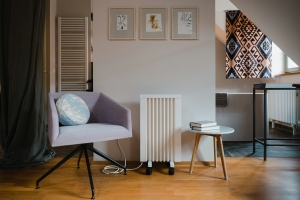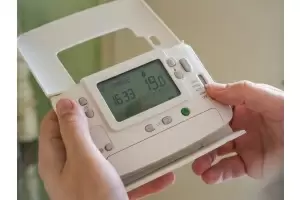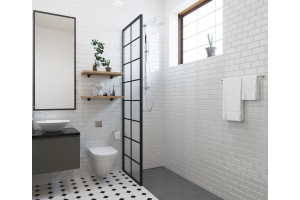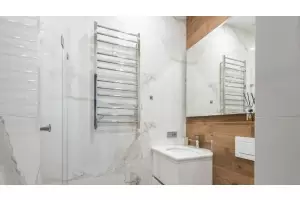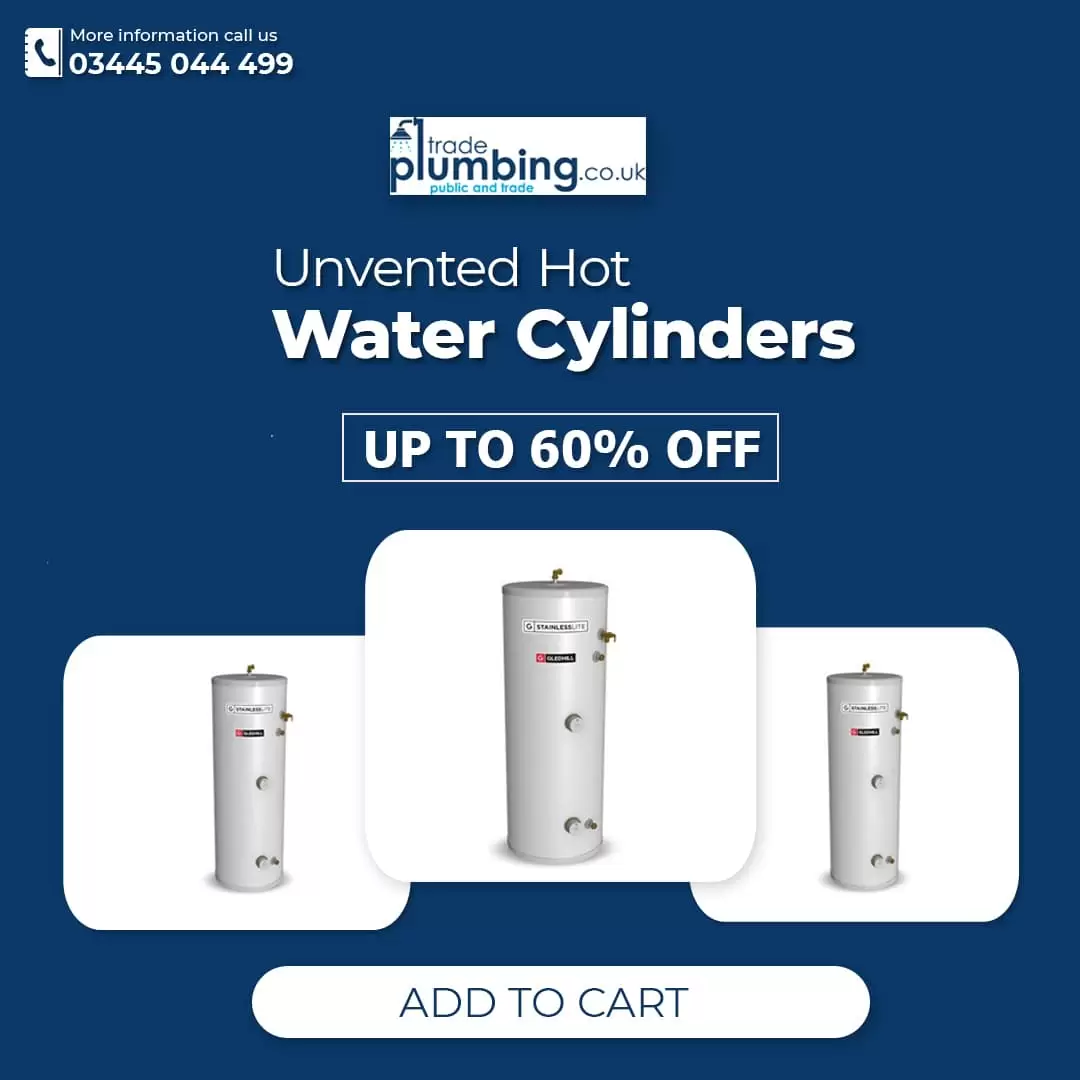
Introduction
You've decided to invest in an unvented hot water cylinder. That's a great decision! But now what? How do you choose the right one for your needs?
Don't worry, we're here to help. In this article, we'll walk you through the process of choosing the right unvented hot water cylinder for your home. We'll start by talking about the different types of cylinders available and what each one is best suited for. Then we'll discuss the key factors to consider when making your purchase.
By the end of this article, you'll be able to confidently choose the right unvented hot water cylinder for your home.
What Are Unvented Hot Water Cylinders?
Unvented hot water cylinders tanks that don't require a cold water tank in the attic. They get their water from the mains supply, which is why they're also called 'mains pressure cylinders'.
They're a popular choice among homeowners because they offer a lot of advantages over traditional hot water tanks. For starters, you get an unlimited supply of hot water because there's no need to wait for the tank to heat up. Plus, unvented cylinders take up less space than traditional tanks, so they're a good option if you're short on storage space.
What Are the Different Types of Unvented Hot Water Cylinders?
There are three main types of unvented hot water cylinders: standard, thermal store and combination. And each one has its own unique benefits and drawbacks.
Standard unvented cylinders are the most common type. They're compact and easy to install, but they don't have a large capacity, so they're best suited for small homes or apartments. Thermal store cylinders are larger than standard cylinders, but they store more hot water and can provide more hot water on demand.
Combination cylinders are a hybrid of the two previous types. They have a large storage capacity like thermal store cylinders, but they're also compact and easy to install like standard cylinders. This makes them a good choice for larger homes.
What Factors Should Be Considered While Choosing an Unvented Hot Water Cylinder?
When it comes to choosing an unvented hot water cylinders, there are a few factors you need to consider.
The size of the cylinder is one important factor. You need to make sure that the cylinder is big enough to meet your needs, but not so big that it takes up too much space. You also need to decide on the type of cylinder you want. There are two main types of cylinders: standard and combination.
The standard cylinder is good for homes with two or more bathrooms, while the combination cylinder is a good option for smaller homes or apartments. You also need to decide on the fuel type. The most common fuel types are gas and electric, but you can also choose a solar-powered cylinder.
Finally, you need to consider the price of the cylinder and whether you will be able to install it yourself or if you will need professional help.
What Is the Cost of Installing an Unvented Hot Water Cylinder?
You might be wondering how much it will cost to install an unvented hot water cylinder. The cost will vary depending on a few factors, such as the size of the cylinder, the type of cylinder, and whether or not you need to make any changes to your existing plumbing.
That being said, you can expect to pay anywhere from £500 to £2000 for the installation itself. And then, of course, there's the cost of the cylinder itself, which can range from £200 to £1000.
So, when all is said and done, you're looking at a total cost of somewhere between £700 and £3000. Of course, the final cost will depend on the specific factors mentioned above.
What Are the Advantages and Disadvantages of Using an Unvented Hot Water Cylinder?
There are a few things you should take into consideration before making your decision, such as the advantages and disadvantages of using an unvented hot water cylinder.
Some advantages of using an unvented cylinder are that they can save space as there is no need for a cold water tank in the loft, and they can also give you a constant flow of hot water.
However, there are also some disadvantages to using an unvented cylinder. One is that they tend to be more expensive than other types of cylinders. They also require more maintenance, and if not installed and maintained properly, can cause serious damage to your property.
How Do I Maintain an Unvented Hot Water Cylinder?
One of the benefits of an unvented hot water cylinders is that they're really easy to maintain. That being said, there are a few things you need to do to make sure your cylinder stays in tip-top shape.
First, you need to check the pressure relief valve regularly and make sure it's working properly. If it's not, get it replaced as soon as possible.
Next, you need to keep an eye on the expansion vessel. This is what prevents the water from getting too hot and exploding (yes, that can happen). The pressure in the expansion vessel should be checked every six months or so, and if it's low, you'll need to top it up.
Last but not least, you need to make sure the temperature and pressure relief valve is working properly. This is a safety valve that prevents the water from getting too hot and exploding. Again, if it's not working properly, get it replaced immediately.
Conclusion
At the end of the day, it’s important to select an unvented hot water cylinders that will meet your specific needs. By understanding the different types of unvented cylinders and the features they offer, you can make an informed decision that will leave you satisfied with your purchase.
 Sales & Support
Sales & Support  Open Mon - Fri 9am to 5.30pm
Open Mon - Fri 9am to 5.30pm
